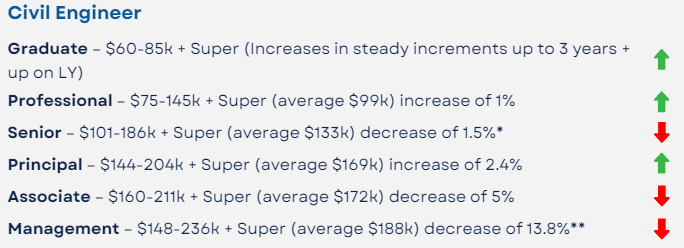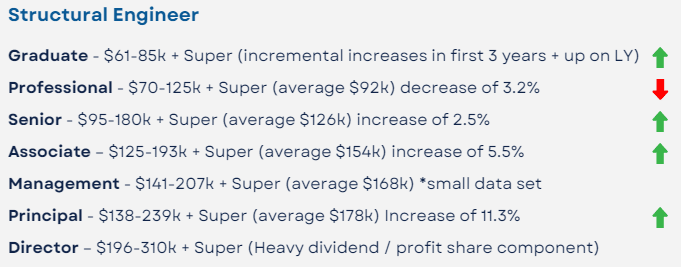swooneyWOODSTRUCT
Structural
So I just passed my PE Civil-Structural exam and applied for my PE license. I am busy preparing for negotiations with my boss about pay after I receive my license. All of the resources I am finding have little/no pay statistics for structural engineering, just civil. Can I use civil salaries for the purposes of negotiating or are the salaries very different? Which sector tends to make more?
For a little background: I have a B.S. in Civil Engineering but all of my elective classes focused on structural. I have also been working at the same structural engineering firm for the last 7 years (2 as an intern during college and 4 full-time after I graduated).
For a little background: I have a B.S. in Civil Engineering but all of my elective classes focused on structural. I have also been working at the same structural engineering firm for the last 7 years (2 as an intern during college and 4 full-time after I graduated).



